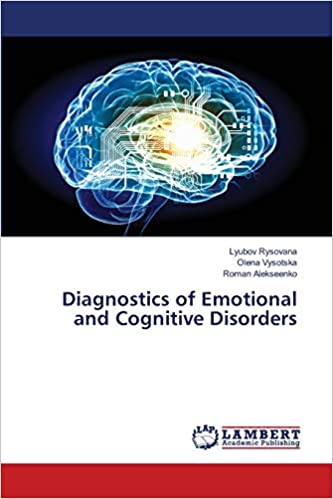Cognitive Disorder
Cognitive disorders are a category of mental health disorders that primarily affect learning, memory, perception, and problem solving, and include amnesia, dementia, and delirium.
Cluster Number:
Wiki Number: W046
Diagnosis: Cognitive Disorder
US Patients:
World Patients:
Sex Ratio:
Age Onset:
Brain Area:
Symptoms: delirium, Alzheimers, and other significant declines
Progression: language impairment, amnesia, ongoing family support
Causes: delirium=many different causes; neurogenitive diseases-genetics, brain trauma, heart issues, PTSD, alcoholism
Medications: antipsychotics, benzodiasepines, Vitamin B; Diets with high Omega 3 fats
Therapies:
Youtube Video: Cognitive Disorders: Assessment and Testing
Amazon or Library Book:
Diagnostics of Emotional and Cognitive Disorders
Click the book to link or order from Amazon.

